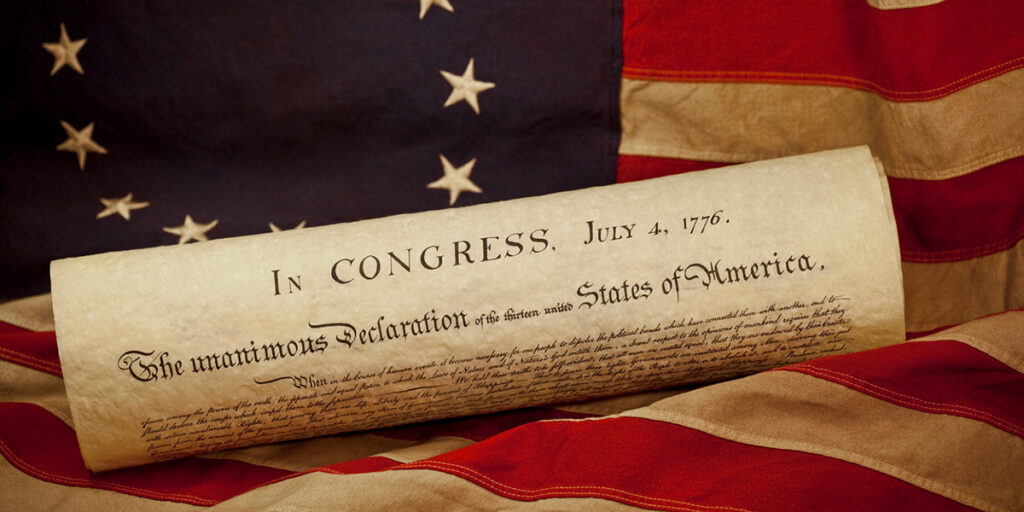Should I stay or should I go? That’s the issue on the ballot for British citizens on their referendum vote next week. Do they remain in the European Union or do they leave? The June 23 vote has been on the calendar all year, but for whatever reason, the Market chose to largely ignore it until now. Today it’s front and center, and has taken on the name of “Brexit”, creatively combining British & exit. The thinking all along has been that the vote would be a close call, but ultimately those in favor of staying would win out. However, the momentum has clearly shifted towards a British departure. The sluggish European economy and the aggressive, but thus far, ineffective monetary policy from the European Central Bank is losing confidence. The French and Belgian bombings weigh heavily too. The Syrian refugee crisis isn’t helping. The risks are high with great uncertainty to follow if the British leave the European Union. It’s no longer being ignored. It’s impossible to ignore.
The British rock band The Clash released the song “Should I Stay or Should I Go” in 1982, surely not with prophecy in mind for 2016. But the lyrics prove poignant, as they go on to say: “If I go there will be trouble. And if I stay it will be double”. That’s the dilemma for the Brits today, whether they’re better off long-term staying in the EU or leaving. With so much uncertainty around the globe, the question is simply unanswerable. That’s why the issue is so deeply divided. Nationalism is on the rise around the globe. Collaboration is losing friends.
The United Kingdom has been a member of the European Union (EU) for decades, dating back to 1973 and the European Economic Community which re-shaped into the EU in 1993. The European Union is an economic organization amongst European members. It was designed for trade, creating one geographic marketplace with a unified standard of laws. 19 of the 28 members embraced the Euro as its official currency. Great Britain is not one of them. The British stated in 1992 that the Euro currency failed to meet its “five economic tests”. Though remaining a member of the European Union, the British never embraced the Euro currency, opting to keep the Pound Sterling. Some believe the five tests were designed for failure. Some believe the British were never all-in with the EU.
The British vote next week is so critical to the global economy as well as global politics. It will certainly have influence on our Presidential election in November. The combined European economy rivals the United States and accounts for roughly 20% of the global economy. A British departure would have a profound impact on the European economy. London is a global hub for commerce. There would be far more questions than answers. Right now, the status quo is completely under assault, and radical change is gaining momentum. The theme of “what government is doing is not working” isn’t just the thinking in the US. The British are feeling it big time. A member of the British Parliament was horrifically killed by someone who apparently yelled “Britain First”, which is a battle cry for the exit vote with the goal of taking their country back. It’s simply tragic. This is a moment. Global Markets continue to operate under stress. Money keeps seeking safety.
We anticipate more choppy waters ahead for investors. The Fed this week walked back much of the interest rate hike expectations, citing a slower job environment and growing global risks. The Brexit vote was at the top of that list. We have anticipated a rough patch this Summer led by political uncertainty. There’s a bridge of uncertainty between the Brexit vote and our Presidential election in November. We’re staying defensive. We’ve got your back.
We’ll be back, dark and early on Monday.
Happy Father’s Day!






